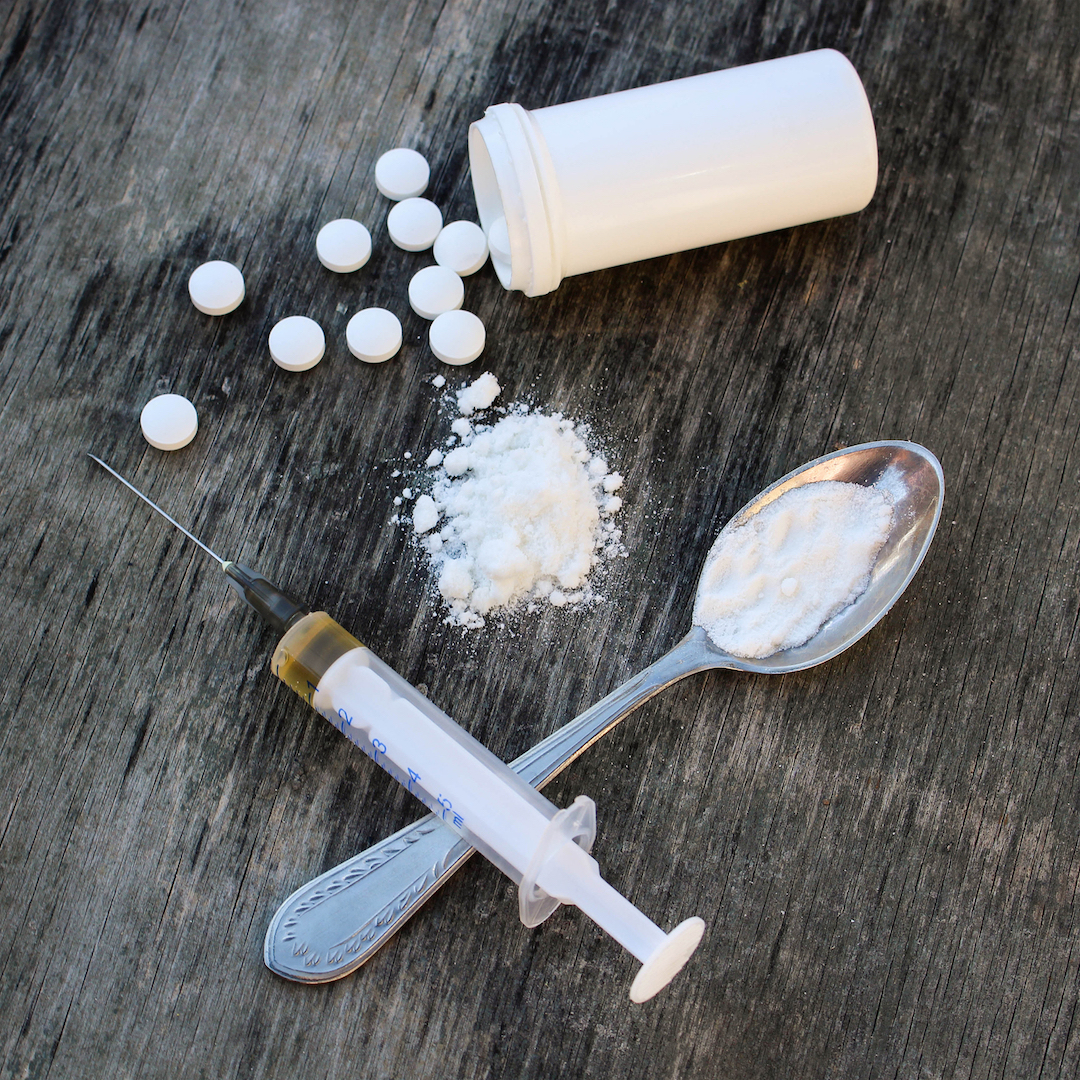 Heroin was developed in Germany in the 1870s as an attempt to find an effective, nonaddictive painkiller that would replace morphine due to many issues with morphine addiction. At first, heroin was touted as a miracle drug, without the potential to produce addiction.
Heroin was developed in Germany in the 1870s as an attempt to find an effective, nonaddictive painkiller that would replace morphine due to many issues with morphine addiction. At first, heroin was touted as a miracle drug, without the potential to produce addiction.
In the late 1890s, the Bayer Company began a large marketing campaign for heroin and sales took off, until it was found that heroin was even more addictive than morphine. In the 1930s, commercial manufacturing of the drug was halted; however, the effectiveness of heroin to produce euphoria and its strong physically addicting properties made it an ideal target for exploitation.
How Is Heroin Used?
Heroin is a derivative of the poppy plant and has similar properties to other narcotic drugs that are also derivatives from opium (the major addictive ingredient in the poppy plant), such as morphine, Vicodin, OxyContin, and so forth. All of these drugs have a high potential for addiction and physical dependence. Heroin is considered by many to be one of the most addictive – if not the most addictive – drugs of abuse.
Heroin is typically injected, snorted, or smoked. As an illegal narcotic medication heroin abuse has risen since the year 2000 and deaths from heroin overdose have dramatically risen since 2000.
While heroin produces quite pleasurable effects upon its immediate use, it is also associated with a number of serious side effects that can affect one physically, emotionally, psychologically, and affect one’s behavior.
Immediate Effects of Heroin Use
When people take heroin, it is converted to morphine. It then binds to special receptors in the brain that are designed to respond to natural neurotransmitters that chemically resemble morphine. The immediate effects of taking heroin are:
- Feeling warm
- Flushing of the skin
- Heaviness in the arms and legs
- Dry mouth
- Slowed breathing
- Pain suppression
After these effects, the individual may become nauseous, have an itching sensation, and may even vomit.
Following these initial effects, the person will typically:
- Be very drowsy (this can last for hours)
- Display slowed thinking and even minor confusion
- Display a decreased heart rate
- Display depressed breathing
If large amounts of heroin are taken, the person could slip into a coma as a result of the extremely slowed breathing brought about by the drug and experience brain damage or even death.
Medical Side Effects of Chronic Heroin Use
Regardless of the means of administration the person chooses, chronic heroin use leads to a variety of medical side effects occurring in a number of different organ systems. Side effects that may occur include:
- Insomnia
- Sedation
- Prolonged drowsiness
- Constipation
- Nasal damage due to snorting
- Sexual dysfunction in men
- Menstrual issues in women
- Issues with pregnancy
- A weakened immune response
- Neglecting one’s health in favor of using the drug
- Psychiatric issues, such as hallucinations, depression, and problems with anxiety
- Neonatal abstinence syndrome (NAS), if a pregnant mother uses heroin and it passes through the placenta to the fetus, resulting in heroin dependence of the baby
- Central nervous system issues, such as memory loss, issues with decision-making, confusion, loss of motivation, mental status changes, changes in the structure of the brain (changes in the white matter of the brain and increased risk of infections that affect the brain and spinal cord)
- Lung complications as a result of depressed breathing, such as tuberculosis, pneumonia, and lung damage/scarring as result of snorting heroin
- Consequences to the cardiovascular system from increased injections, such as changes in heart rate, scarred veins, collapsed veins, infections of the blood, blockages due to substances that heroin is “cut” with, infections of the heart, and abscesses
Withdrawal symptoms when use stops or lessens:
- Restlessness
- Insomnia
- Diarrhea
- Nausea
- Vomiting
- Cold sweats
- Muscle pain
- Cramps
- Bone pain
Once addiction has set it, virtually all aspects of life are affected negatively. The person may fail to meet all commitments in life – work, school, family, and social commitments. Financial problems often result as all money is directed toward heroin. Oftentimes, people lose their jobs, end up divorced, lose custody of their children, get into trouble with the law, and experience severe health complications.
Effects of Engaging in Risky or Negative Behaviors Associated with Chronic Heroin Use
In addition to legal problems associated with possessing heroin, chronic users often engage in a number of risky behaviors.
Needle sharing, which can lead to:
- Increased probability to contract HIV
- Increased probability to contract hepatitis B
- Increased probability to contract hepatitis C
- Increased probability of contracting other diseases
- Increased probability of engaging in risky sexual behavior, such as unprotected sex, and contracting STDs as a result
Increased probability of being dishonest with friends and family
- Lying about drug use
- Stealing from friends or family to get money to obtain more heroin
Engaging in risky behaviors while under the influence of heroin, such as:
- Driving
- Operating machinery
- Unsafe actions that lead to falls or accidents
- Overdosing on heroin
- Increased probability of using/abusing other drugs, which can increase the likelihood of overdose and life-threatening health effects
